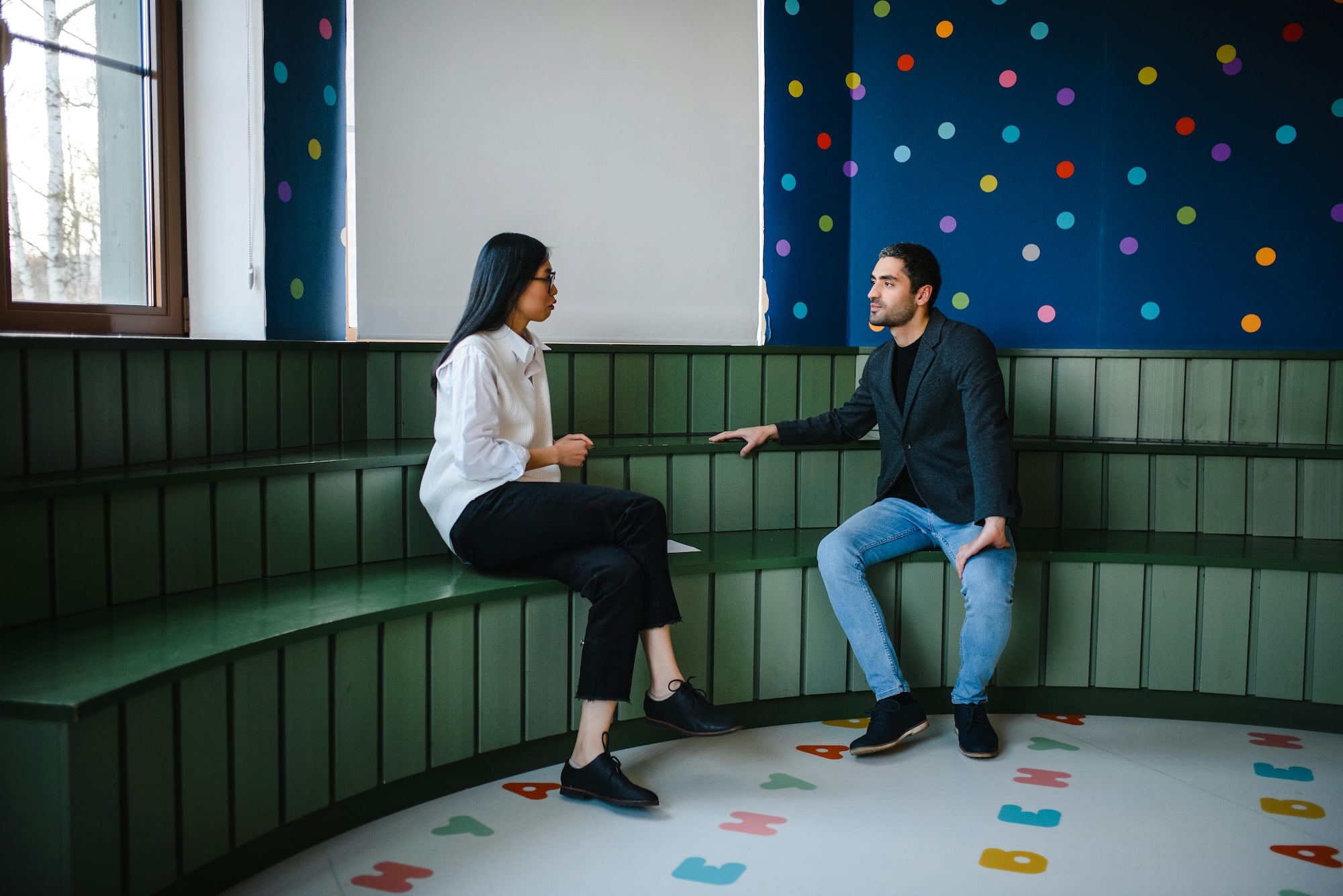A Luxembourg high school teacher shares her experiences with cultural challenges in supporting autistic students. The article offers practical recommendations for teachers on intercultural communication and shows how SePAS can help overcome cultural barriers.
Challenges in the Intercultural Context
Dealing with autism and neurodiversity in an intercultural context proves to be a particularly sensitive topic. As a high school teacher, I have gained various experiences in working with families from different cultural backgrounds.
A particularly striking example was the case of a student from an Asian family who did not communicate verbally in the school environment. Although his non-verbal behavior clearly showed that he wanted to connect with us, verbal communication remained absent. The parents, who had difficulties with French and English, assured through a translator that their son spoke normally at home. They categorically rejected any discussion about possible neurodivergence, although the school never spoke of “abnormality”.
The student showed good academic performance as long as oral participation wasn’t required. Since he was a minor at the time and the parents weren’t cooperating, our options for action in the school setting were very limited. Only when he reached legal age did new possibilities open up for diagnostic tests and targeted support.
Recommendations for Intercultural Communication
In dealing with families from various cultural backgrounds, a sensitive and professional approach has proven particularly important. I advise teachers not to hesitate to seek support from SePAS (School Psycho-social and Support Service). It’s important to acknowledge that while we are experts in our field as teachers, we cannot cover all aspects of intercultural and psychosocial work.
In communication with parents, it’s essential to clarify the Luxembourg context. We explain that in Luxembourg, many support options exist and seeking help is socially accepted – often more so than in the families’ countries of origin.
This information is frequently received with surprise followed by acceptance. Nevertheless, there are also more difficult cases where a longer process of persuasion is necessary. In some situations, we must also accept that our support offers are not accepted.
Experience shows that cultural sensitivity, patience, and professional support through specialized services are key factors for successful collaboration with families from different cultural backgrounds.

